Amit was fascinated with cars and bikes. He knew most of the models, their manufacturers, the max speed, company logos, Television advertisements, and more. This fascination slowly piqued his interest in new areas like the usage of different fuels, engine power, and aerodynamics.
Anjali loved helping her grandmother in their little terrace garden. She would keenly observe her following watering routines, pruning the plants, and nourishing them with organic manure. These observations led her to questions about plant behavior, flowering cycles, how plants and trees grew in forests, who watered them, and many more. This further led to many story sessions between the aaji and her granddaughter where the conversation invariably veered towards science.
Aswath was not only a foodie but an aspiring cook. He spent his free time in the kitchen either learning cooking from his parents or experimenting independently. The science behind making a successful recipe using various techniques brought a smile to his face along with the marvel at trying to grasp kitchen science.
Ramya loved to draw and color. She was most fascinated by the play of light on her coloring. Mixing colors to give rise to an altogether new color always made her wonder about how this was possible.
Little Amol was his sister’s assistant in household repairs. His job was to move around with the little toolbox and give her didi the required tools. More than helping her sister he looked forward to the barrage of questions he bombarded her with about the workings of different household things.
All these above scenarios remind us of similar incidents with our kids. This brings me to the topic I want to touch upon which is that kids delve into scientific thinking inadvertently. It is up to us whether we want to engage with them on the topic or thwart away this golden opportunity of opening the phenomenal world of Scientific learning.
I firmly believe that we should not leave any chance to engage with our kids when they want to learn about science. It helps a long way in making science their friend rather than a dreaded monster in books that haunts them throughout their school life. Familiarity brings about an ease of handling things.
Imagine a scenario where Anjali and her friend learn about the various flora and fauna in the forests. It would be much easier for Anjali to relate to the topic as a result of her previous interactions with her aaji. Or Aswath may find Chemistry interesting as he learns about the properties of different elements due to his kitchen experiments.
While all of us may not be in a position to answer all our kids’s questions, showing the will to engage with them rather than absolving oneself from such a situation would augur well for our child’s thinking skills.
We all should make efforts to make science a topic of discussion just like the discussion on food, entertainment, or behavioral traits. The aim must be to let the kids understand that it is an integral part of our lives as opposed to just concepts and diagrams in the books. Indeed anything that we do is based on some scientific fact. Be it studies, entertainment, hobbies, rest, or travel, all come under the purview of science. Let’s try our best to make science a close and everyday friend of our kids rather than just a subject to be studied in school for the sake of exams.
Let us as parents resolve to make our kids science enthusiasts rather than science phobics. Let us resolve to make them aware of their surroundings by learning about Science rather than being ignorant about it. Let us learn to make them rational, logical, and practical doers armed with basic knowledge of how things work rather than just believers of magic. Let us try our best to make the bond between Science and Kids – a loving lifelong friendship rather than a bond made out of compulsion.

)
)
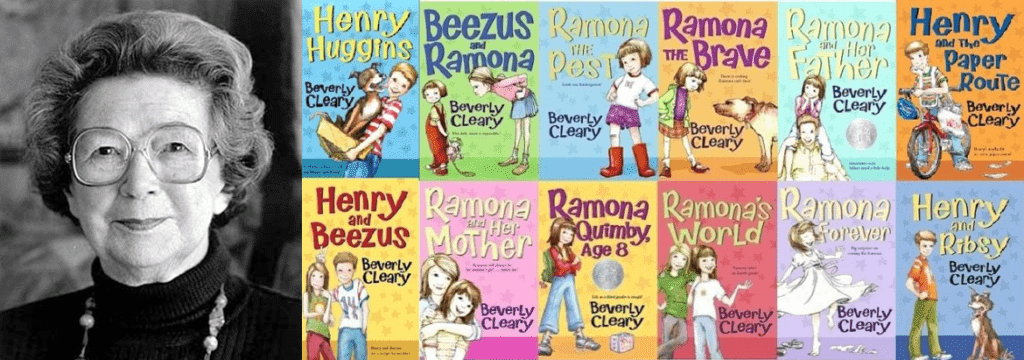)
)
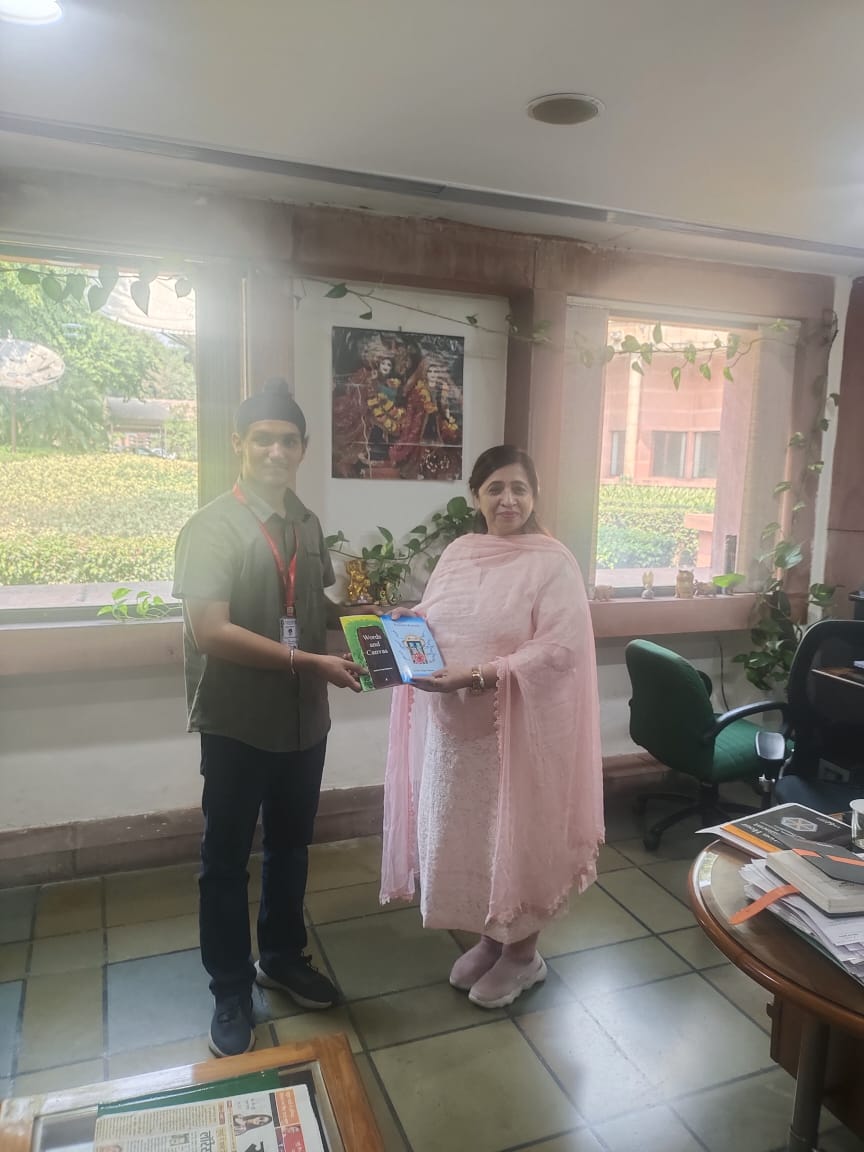)
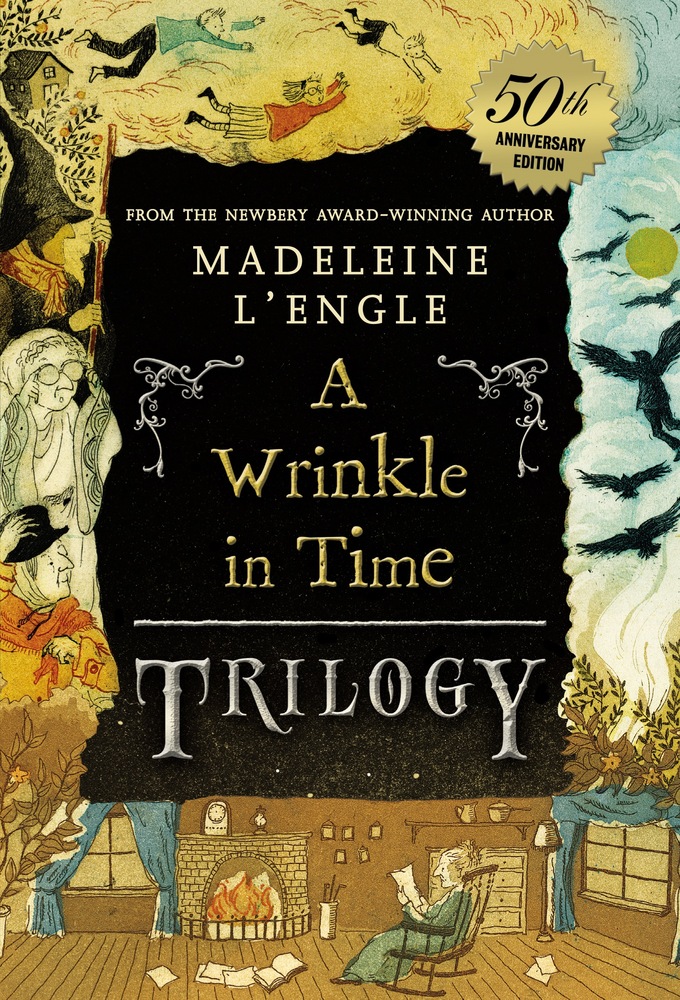)
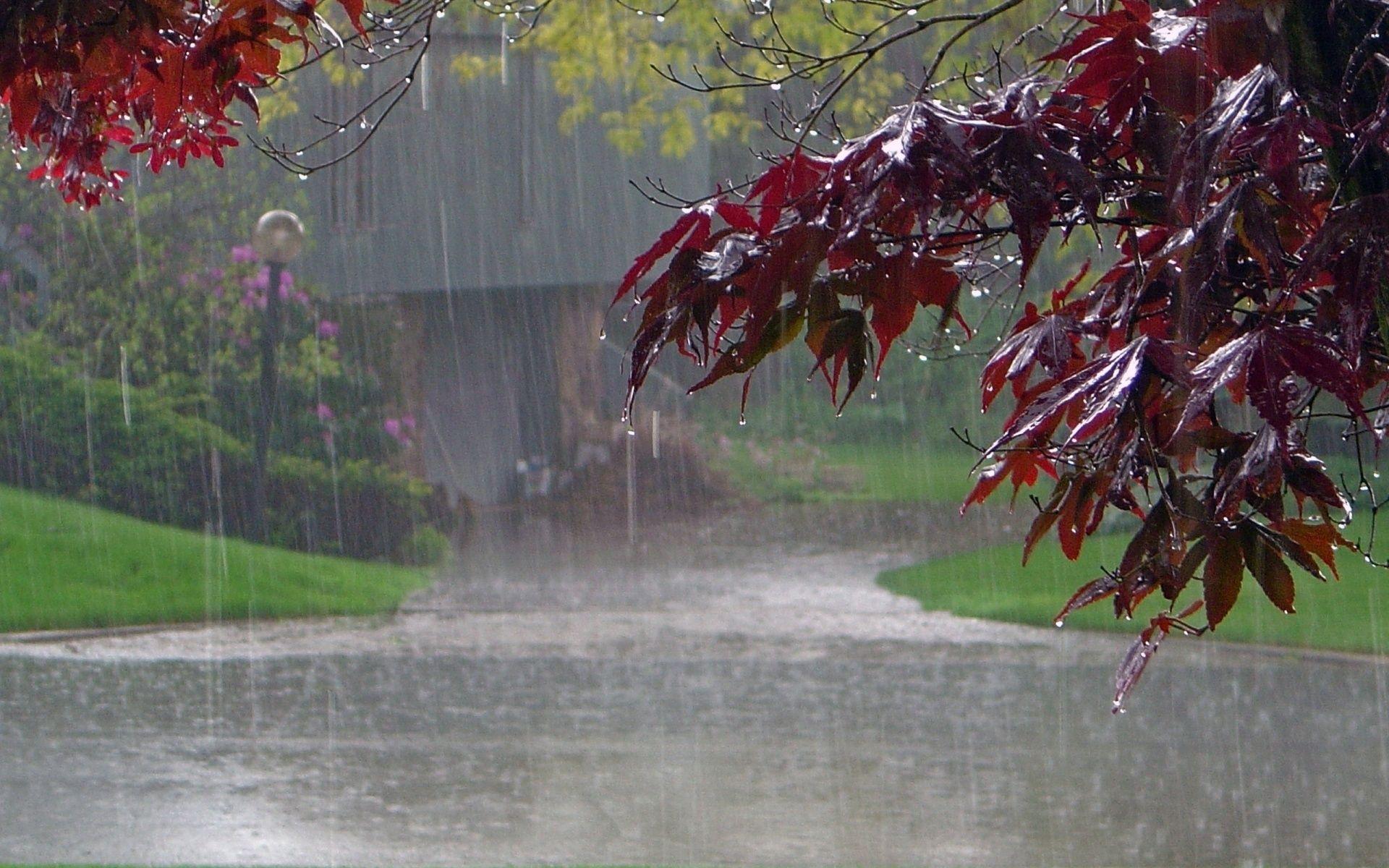)
)
)
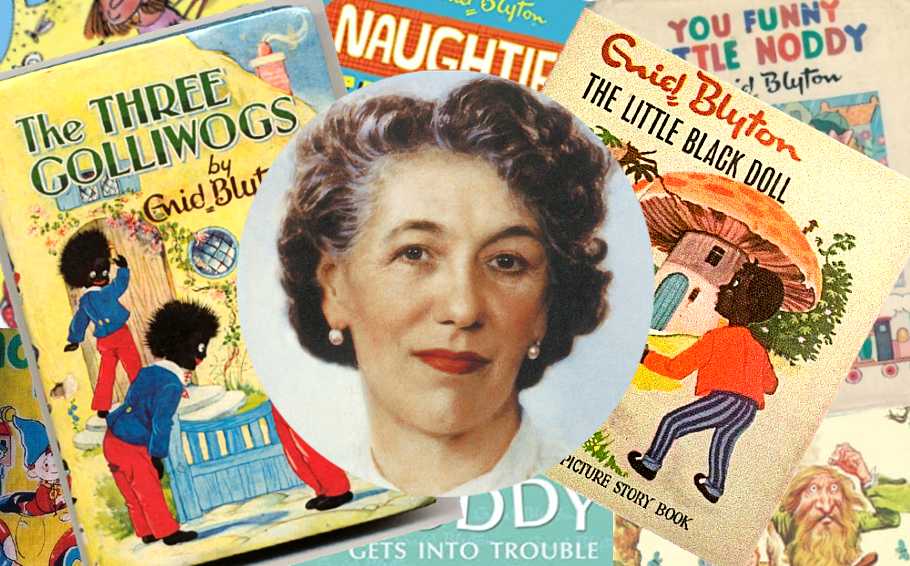)